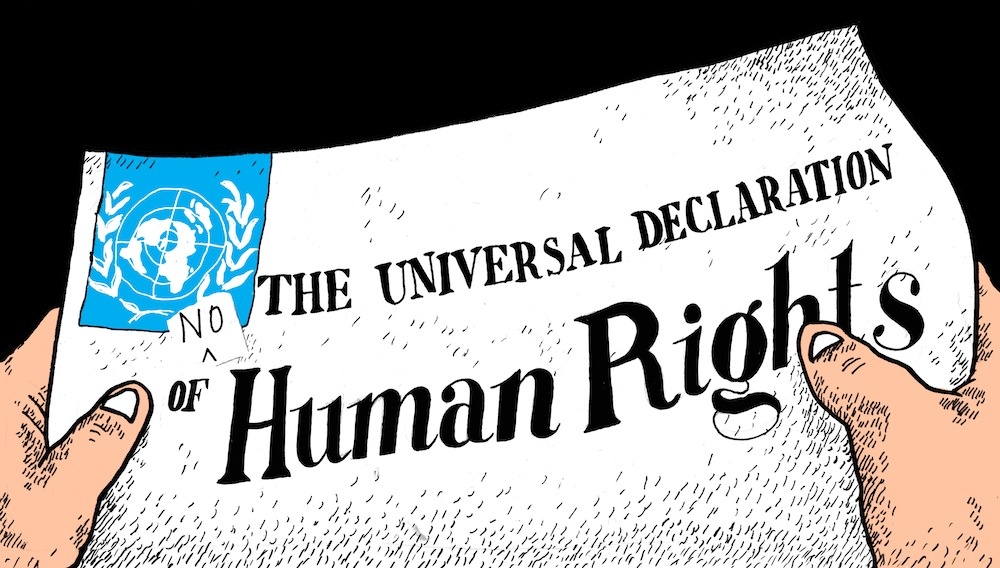UNAIR NEWS – Human Rights (HAM) enforcement in Indonesia apparently still has some issues. Being in a democratic country does not necessarily make cases of human rights violations completely resolved. Although it has been guaranteed by laws, the enforcement of human rights in Indonesia still has a number of challenges. Not only is there a widespread violation of personal rights, cases of human rights violations in Indonesia are spreading to the agrarian sector.
Reports from official website of the National Human Rights Commission (Komnas HAM), agrarian conflict is one of the serious challenges of upholding human rights this year. Many cases of disputes have developed into agrarian conflicts. This was triggered by differences in the legal basis used to claim land ownership.
One of the characteristics of these agrarian conflicts in Indonesia is the involvement of the state that it does not recognize the ownership and cultivation of land by the community over land which was then handed over to other parties.
Komnas HAM noted that the dispute was often followed by the criminalization of people or groups of people who tried to defend or take back their rights. Unfortunately, the current legal mechanisms and procedures commonly used are not effective.
The mechanism meant here is the one through administrative settlement in ministry institutions that have the authority to issue land rights, civil courts, and the State Administrative Court. As a result, many national strategic projects are thought to violate the rights and living space of local community.
UNAIR Faculty of Law lecturer, Iman Prihandono, S.H., M.H, LL.M., Ph.D., gave his view about this issue.
Iman said that Indonesia’s democracy index has improved a lot compared to the previous year. However, this is not directly proportional to the freedom to gather and express opinions that still experience problems.
“Even though the human development index has improved, social inequality still occurs. For example, the allocation of land which is important for the livelihoods of many people is controlled by a small group of businesses, “said Iman.
He also said that in the infrastructure sector, the government builds many roads, dams, ports and airports to facilitate accessibility of transportation modes.
“But often this development collides with the interests of surrounding community, as happened in Seko and Kulonprogo,” said the man who completed his doctoral studies at Macquaire University.
And, the right to earn a decent income is also still problematic. Imports of main commodities such as rice, sugar, salt and meat can further worsen the welfare of farmers.
Iman assessed that the government should be able to listen more to the needs of the community. According to him, economic development and infrastructure are indeed important, but this should not override the rights guaranteed by the constitution and the laws.
“Of course there is no point if Indonesia’s Ease of Doing Business (EoDB) increases, but the welfare of farmers and labors decreases due to reduced agricultural land and low wages for workers,” he said.
Therefore, law enforcement in Indonesia should be improved. Because, a clean and independent judiciary is the main requirement for the formation of rule of law, a condition where the law is respected and applies equally to everyone.
Author: Zanna Afia Deswari
Editor: Nuri Hermawan





